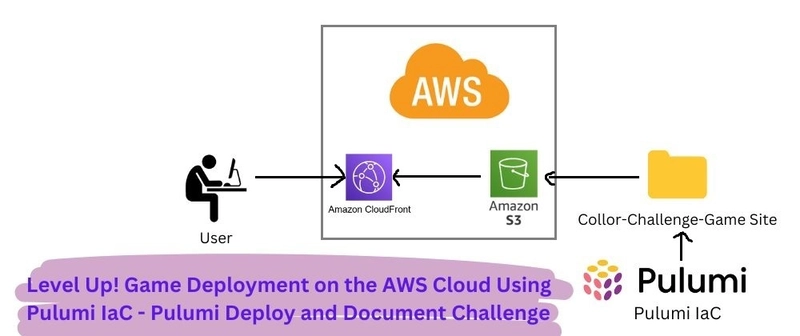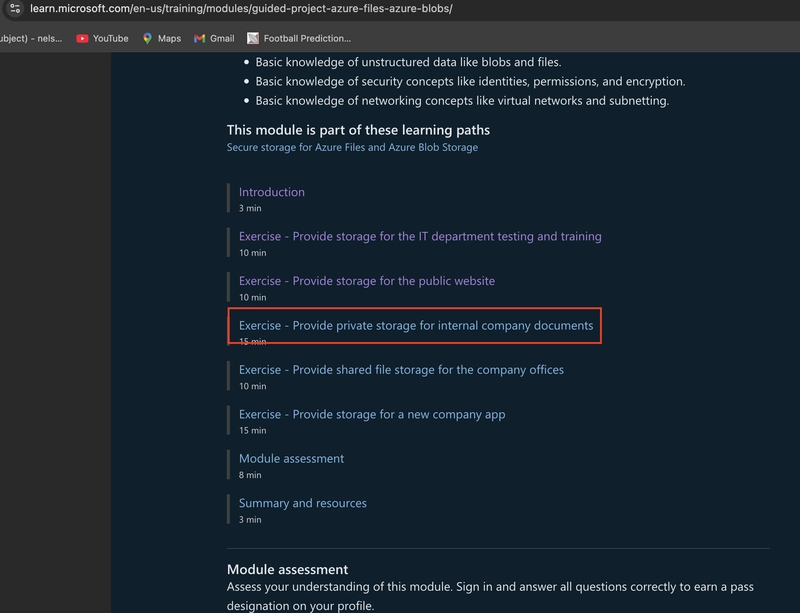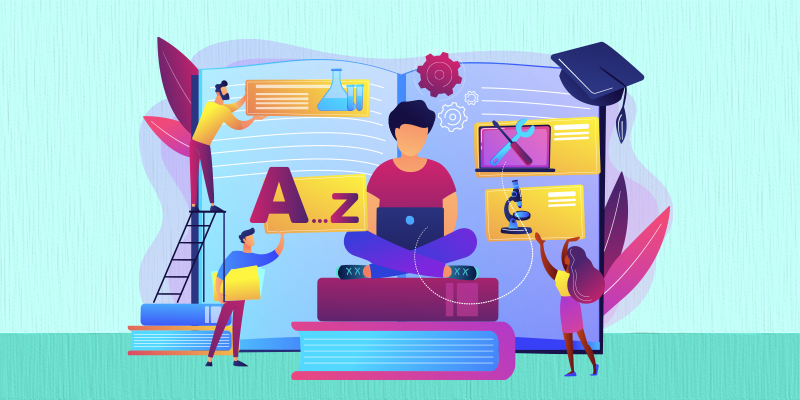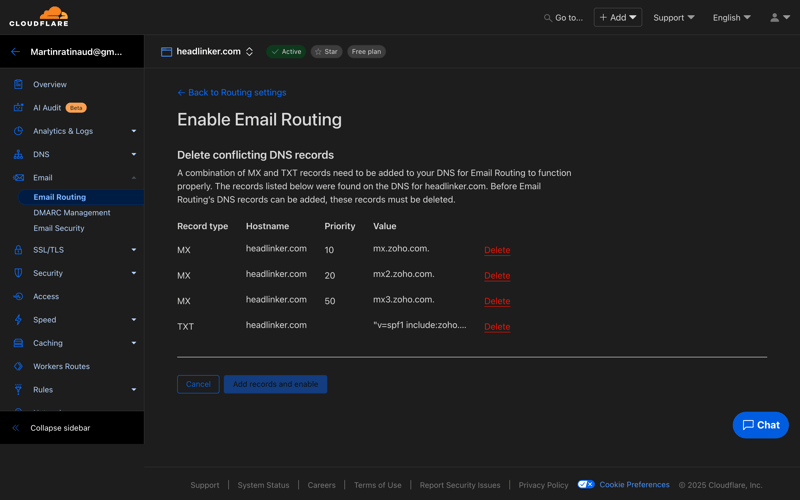How AI is Transforming Software Development: The Future of Coding
Artificial Intelligence (AI) is rapidly changing the landscape of software development, streamlining workflows, improving efficiency, and enabling developers to build more intelligent applications. From AI-powered code completion to automated debugging, machine learning is reshaping the way software is written, tested, and deployed. This article explores how AI is revolutionizing software development. For more insights into AI trends and its impact on industries, visit AIFrontHub. AI-Powered Code Generation and Assistance One of the most significant ways AI is transforming software development is through intelligent code generation and assistance tools. AI-powered tools like GitHub Copilot, Tabnine, and OpenAI’s Codex analyze vast amounts of code to provide real-time suggestions, helping developers write code faster and with fewer errors. ✅ Benefit: AI-assisted tools can generate boilerplate code, suggest best practices, and even refactor code to enhance performance. Automated Testing and Debugging with AI Testing and debugging are crucial in software development, but they are often time-consuming and prone to human error. AI-based testing frameworks automate test case generation, detect anomalies in code behavior, and even suggest bug fixes. ✅ AI testing tools like Testim, Applitools, and Mabl use machine learning to adapt and improve test scenarios dynamically. ✅ Key Benefit: AI reduces manual testing efforts and enhances software reliability. AI in DevOps: Smarter CI/CD Pipelines AI is also revolutionizing DevOps by optimizing Continuous Integration/Continuous Deployment (CI/CD) pipelines. Intelligent monitoring tools analyze build failures, predict potential bottlenecks, and suggest optimizations. ✅ Example: AI-driven anomaly detection can alert teams about infrastructure issues before they escalate into downtime. The Ethical and Future Implications of AI in Development While AI brings numerous benefits, it also raises ethical concerns. Bias in AI models, security vulnerabilities, and the potential displacement of developer jobs are critical challenges that need addressing. ✅ Key Consideration: Developers must ensure transparency and fairness when integrating AI-powered solutions into their workflow. Conclusion AI is not here to replace developers—it’s here to empower them. By embracing AI-powered tools, developers can write cleaner code, automate repetitive tasks, and build more secure, scalable applications. The future of software development is AI-assisted, and those who adapt early will stay ahead in the industry.

Artificial Intelligence (AI) is rapidly changing the landscape of software development, streamlining workflows, improving efficiency, and enabling developers to build more intelligent applications. From AI-powered code completion to automated debugging, machine learning is reshaping the way software is written, tested, and deployed.
This article explores how AI is revolutionizing software development. For more insights into AI trends and its impact on industries, visit AIFrontHub.
AI-Powered Code Generation and Assistance
One of the most significant ways AI is transforming software development is through intelligent code generation and assistance tools. AI-powered tools like GitHub Copilot, Tabnine, and OpenAI’s Codex analyze vast amounts of code to provide real-time suggestions, helping developers write code faster and with fewer errors.
✅ Benefit: AI-assisted tools can generate boilerplate code, suggest best practices, and even refactor code to enhance performance.
Automated Testing and Debugging with AI
Testing and debugging are crucial in software development, but they are often time-consuming and prone to human error. AI-based testing frameworks automate test case generation, detect anomalies in code behavior, and even suggest bug fixes.
✅ AI testing tools like Testim, Applitools, and Mabl use machine learning to adapt and improve test scenarios dynamically.
✅ Key Benefit: AI reduces manual testing efforts and enhances software reliability.
AI in DevOps: Smarter CI/CD Pipelines
AI is also revolutionizing DevOps by optimizing Continuous Integration/Continuous Deployment (CI/CD) pipelines. Intelligent monitoring tools analyze build failures, predict potential bottlenecks, and suggest optimizations.
✅ Example: AI-driven anomaly detection can alert teams about infrastructure issues before they escalate into downtime.
The Ethical and Future Implications of AI in Development
While AI brings numerous benefits, it also raises ethical concerns. Bias in AI models, security vulnerabilities, and the potential displacement of developer jobs are critical challenges that need addressing.
✅ Key Consideration: Developers must ensure transparency and fairness when integrating AI-powered solutions into their workflow.
Conclusion
AI is not here to replace developers—it’s here to empower them. By embracing AI-powered tools, developers can write cleaner code, automate repetitive tasks, and build more secure, scalable applications. The future of software development is AI-assisted, and those who adapt early will stay ahead in the industry.











































































































































































![[The AI Show Episode 142]: ChatGPT’s New Image Generator, Studio Ghibli Craze and Backlash, Gemini 2.5, OpenAI Academy, 4o Updates, Vibe Marketing & xAI Acquires X](https://www.marketingaiinstitute.com/hubfs/ep%20142%20cover.png)




























































































































![[DEALS] The Premium Learn to Code Certification Bundle (97% off) & Other Deals Up To 98% Off – Offers End Soon!](https://www.javacodegeeks.com/wp-content/uploads/2012/12/jcg-logo.jpg)


![From drop-out to software architect with Jason Lengstorf [Podcast #167]](https://cdn.hashnode.com/res/hashnode/image/upload/v1743796461357/f3d19cd7-e6f5-4d7c-8bfc-eb974bc8da68.png?#)








































































































.png?#)























.webp?#)










_Christophe_Coat_Alamy.jpg?#)
 (1).webp?#)




































































































![Apple Considers Delaying Smart Home Hub Until 2026 [Gurman]](https://www.iclarified.com/images/news/96946/96946/96946-640.jpg)
![iPhone 17 Pro Won't Feature Two-Toned Back [Gurman]](https://www.iclarified.com/images/news/96944/96944/96944-640.jpg)
![Tariffs Threaten Apple's $999 iPhone Price Point in the U.S. [Gurman]](https://www.iclarified.com/images/news/96943/96943/96943-640.jpg)



































































































































